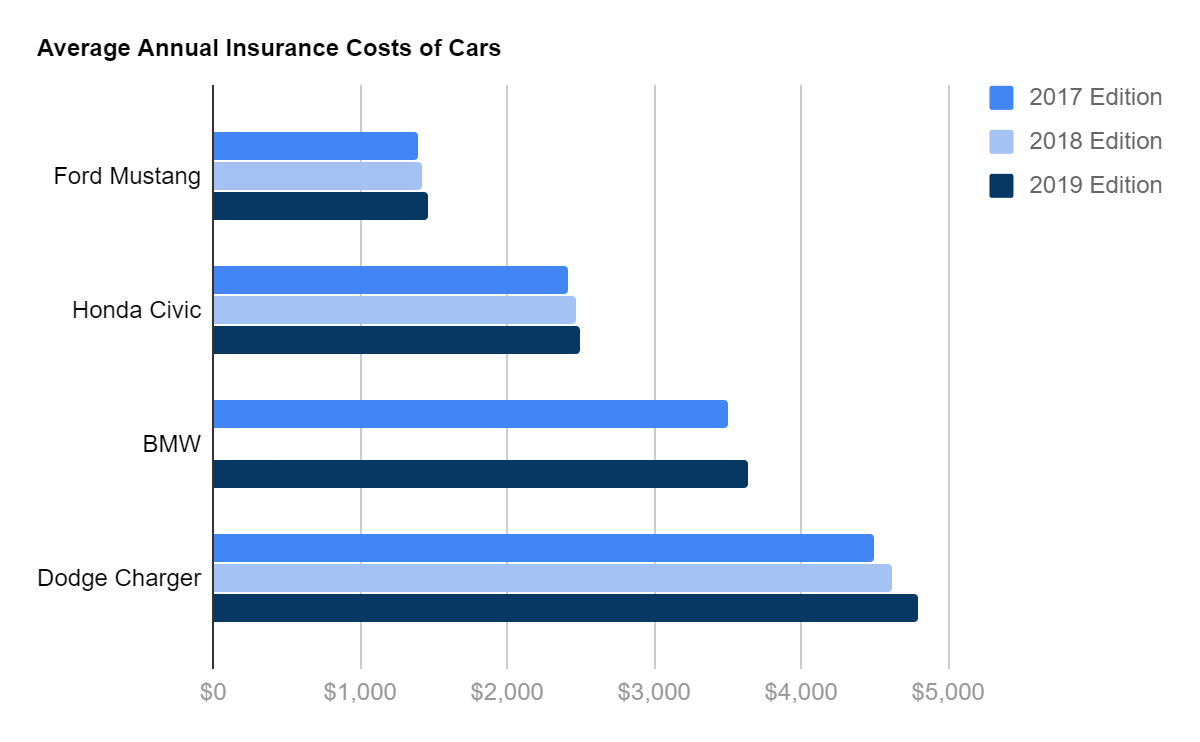
Definitions of healthcare terms can sometimes be confusing. To help you understand the process, we have compiled the following information.
An exclusive provider organization (EPO) is a health plan that combines features of a HMO and a PPO. This plan stores electronic records of your medical information. As a result, you will only need to see providers in your network. If you need care outside of the network, you will pay more. You could also be subject to a higher price share.
A health maintenance plan (HMP), is a type insurance program that covers all medical expenses, including coinsurance and deductibles. However, unlike a PPO your benefits do not depend on your network. Your insurance will only cover services provided if you see a provider not in the network.
The Patient as Partner Approach is a way to involve patients in the healthcare system. It recognizes the importance of the patient's experience knowledge as well as the scientific knowledge of the HCP. Patients are encouraged and supported to take an active part in their care. Patients may also be able to call a doctor and get a second opinion.

Electronic Medical Records (EMR) are computerized systems that store all of your clinical data. These records are used to record and monitor your healthcare, and include a copayment and deductible.
Behavioral healthcare covers a wide range of treatments for substance abuse and mental disorders. Counseling and medication management are two examples. Both ambulatory and hospital emergency rooms can offer behavioral healthcare.
Electronic prescribing allows pharmacies to share patient information electronically. Electronic prescribing utilizes computerized systems that transfer prescription information from a physician to a pharmacist.
Insurers may review your claims prior to paying them. If the claim meets all requirements, the insurer may reimburse you. Some insurance plans require preauthorization or precertification before you can receive certain procedures.
HIPAA, also known as the Health Information Privacy Act (or HIPAA), seeks to establish security standards that allow for the safe exchange of sensitive data. It is enforced through the Department of Health and Human Services and Centers for Medicare and Medicaid Services.

The Affordable care Act (ACA), mandates that health plans must provide basic coverage. These levels are determined by your household's income and dependents as well as the assistance provided by the government.
Your healthcare costs for the calendar year are limited by your annual deductible. If you have an accident, or are diagnosed with a major illness, your annual deductible caps the amount of healthcare you can afford before your insurance kicks in. This does not include visits to hospitals or doctors out of network. If you are hospitalized, your maximum deductible is the amount that you pay for care while you are there.
Lastly, if you have a health savings account (HSA), you can use your funds to cover any healthcare expenses that your health plan does not cover. HSAs are tax-advantaged savings accounts that can be used to pay for healthcare services that are not covered by your health plan.